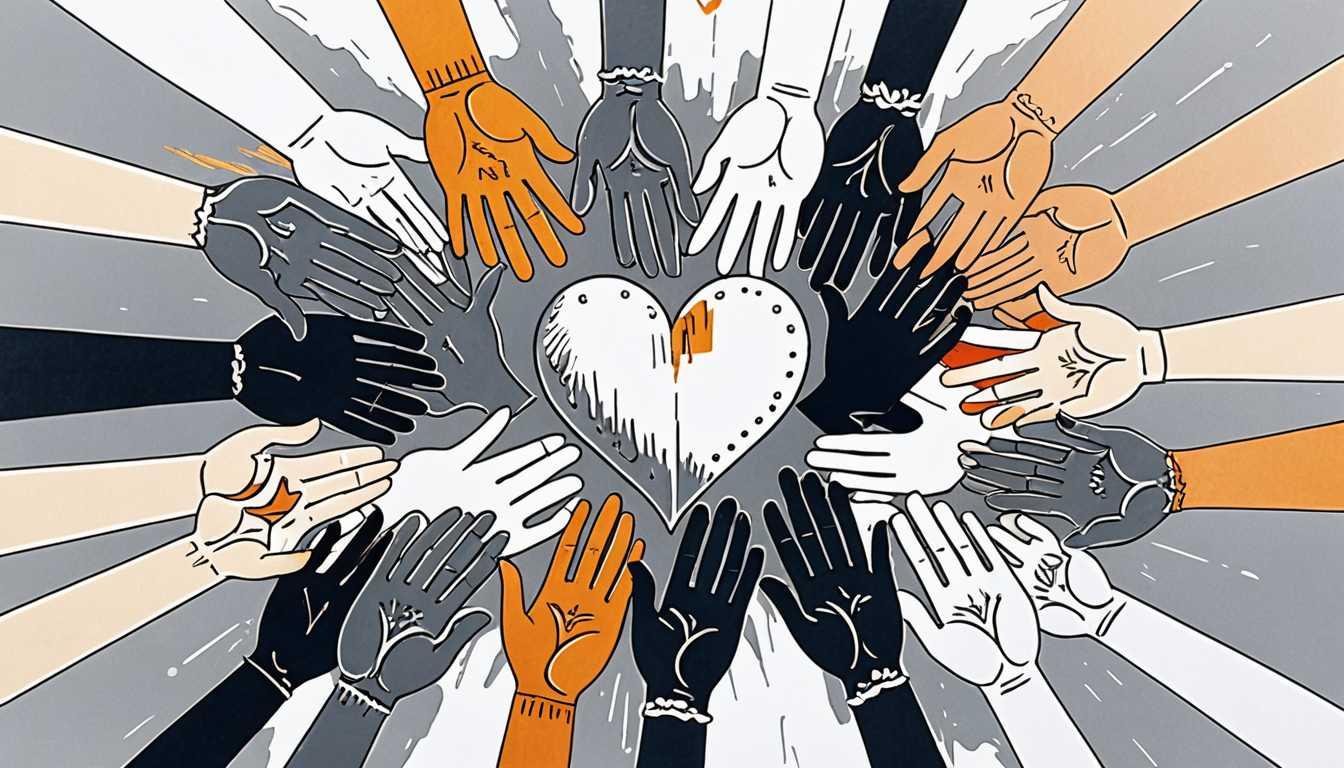Who’s the Good Influencer? A Global Survey!
June 2024
King's College London - News
Introduction
Hey there, curious minds! A fascinating survey from King’s College London reveals that Russia, Iran, Israel, and China are seen as the world’s ‘bad influencers,’ while many believe the EU is the model to follow! Conducted by Ipsos, this poll dives into how global perceptions have shifted over the years. With 23,800 voices from 31 countries, the results might just surprise you—especially when it comes to America’s standing. So, grab a snack, and dive into this eye-opening article for all the juicy details!
READ FULL ARTICLEWhy It Matters
Discover how this topic shapes your world and future
Navigating the Waves of Global Opinion
Understanding how countries influence the world is more important than ever, especially as our global landscape becomes increasingly complex. Recent surveys reveal that nations such as Russia, Iran, Israel, and China are viewed more negatively than before, while perceptions of the United States and Great Britain remain surprisingly resilient. This matters because global opinions can shape international relations, trade, and even social movements. For you as a student, being aware of these dynamics can help you understand current events and how they impact your life, from international politics to local community issues. It’s like being a detective, piecing together clues about how nations interact and influence each other, which is essential in our interconnected world.
Speak like a Scholar
Geopolitics
The study of how geographical factors influence international politics and relations. It helps explain why countries might act in certain ways based on their location or resources.
Liberal Democracy
A form of government that emphasizes individual rights and freedoms, typically featuring free elections and fair representation. Understanding this term helps you recognize different governance styles around the world.
Public Opinion
The collective attitudes or beliefs of individuals regarding specific issues or themes. This is crucial in understanding how people view their own and other countries.
Influence
The capacity to have an effect on the character, development, or behavior of someone or something. In international relations, this can refer to how a country’s actions shape global perceptions and policies.
Survey
A method of collecting data by asking questions to a group of people. Surveys are often used to gauge public opinion and can reveal trends over time.
Political Model
The framework through which a government operates, including its rules, practices, and institutions. Different countries adopt various political models, impacting their citizens’ lives and global interactions.
Independent Research Ideas
Comparative Analysis of National Influence
Investigate how different countries are viewed in terms of their global influence. Why do some nations have a more positive or negative reputation? This could lead to fascinating insights into international relations and public sentiment.
The Role of Social Media in Shaping Public Opinion
Explore how platforms like Twitter and Facebook influence perceptions of countries. You could analyze case studies where social media campaigns impacted national reputation.
Cultural Perceptions of Democracy
Examine how different cultures view democracy and its effectiveness. This could involve looking at varying definitions of democracy across nations and their historical context.
Impact of Historical Events on Current Perceptions
Research how significant historical events (like wars or treaties) shape today’s public opinion about nations. This could uncover surprising links between the past and present.
Youth Perspectives on Global Governance
Conduct a study to gather opinions from your peers on what they think about global governance models. This could provide valuable insights into how the next generation views international cooperation and conflict.
Related Articles

AI-tocracy: Power, Control, and Innovation
July 2023
Massachusetts Institute of Technology (MIT)

Divided We Stand: Unraveling Zero-Sum Politics
March 2024
Harvard University

Winnebago's Remarkable Transformation
April 2023
Harvard University

Nuclear Close Calls: The Cold War Threats
January 2025
JSTOR Daily

Bridging Divides: A Path to Democracy
October 2024
UC Berkeley NewsCenter